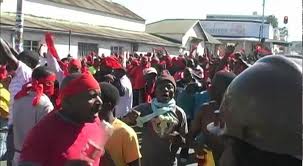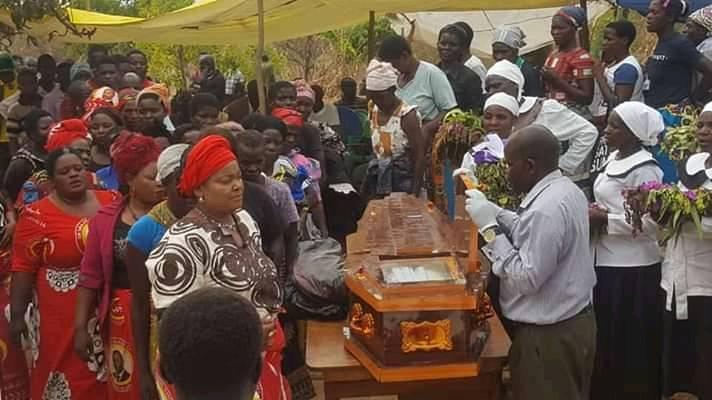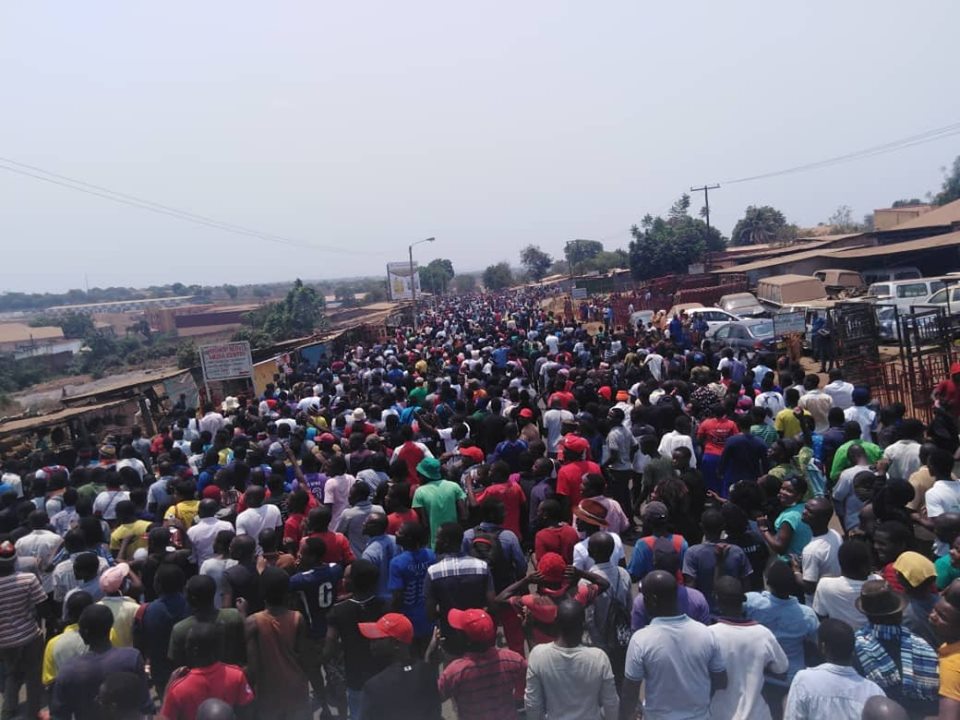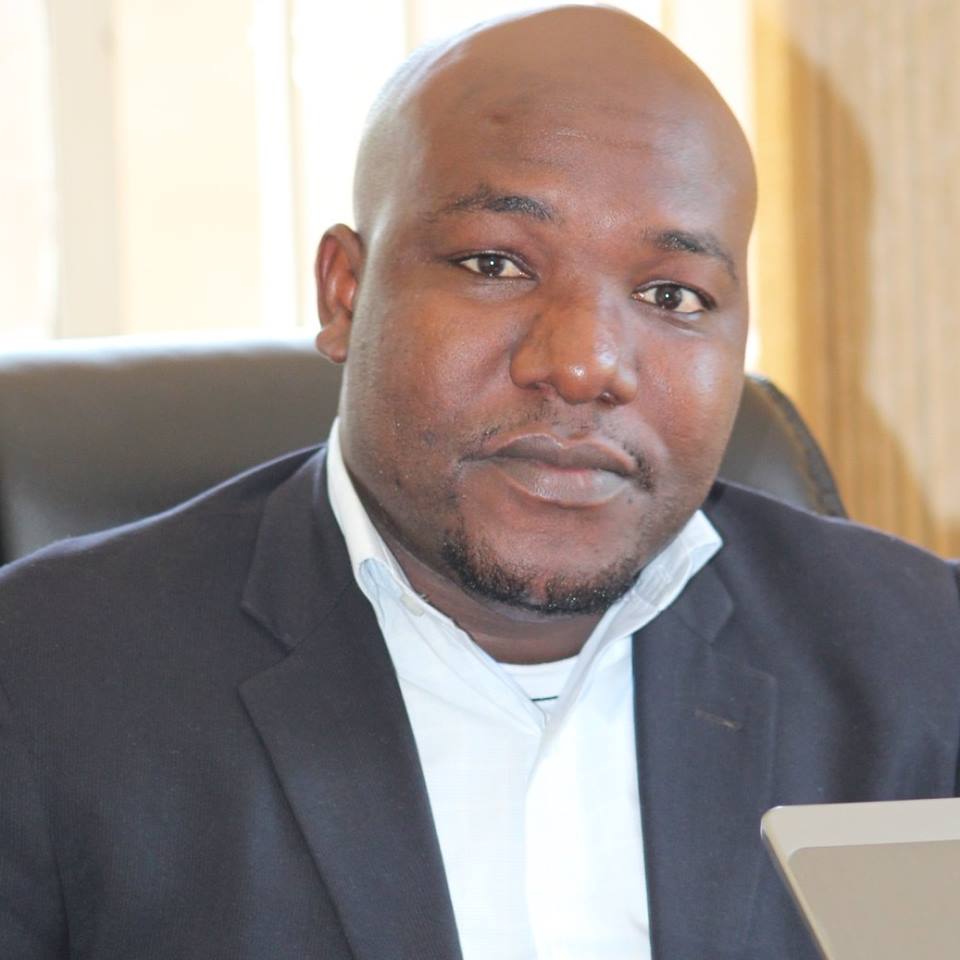As the sun set and the day closed on Thursday, it marked one of the memorable chapters of modern Malawi history—a successful and peaceful demonstration against government had been held without bloodshed.
Hundreds of consumers in Blantyre, Lilongwe and Mzuzu cities defied the potential odds and peacefully demonstrated and presented to President Joyce Banda’s administration a seven-point petition against economic hardships.
The Blantyre protesters, who peacefully marched from Kanjedza Primary School through Kenyatta Drive and Moi Road to the Blantyre Civic Centre, gave the President 21 days to act on the concerns raised or face continuous protests and boycotts.
Blantyre City Council (BCC) chief executive officer Ted Nandolo and Blantyre district commissioner (DC) Charles Makanga received the petition on behalf of the President. The two assured the consumers the petition would reach its destination.
Police, largely known for their confrontational approach to such issues, conducted themselves professionally and treated the protesters with dignity. No single protester carried a dangerous weapon. No one stoned anything and the police arrested no one, at least in Blantyre.
In his address to the marchers, architect of the demonstrations, Consumers Association of Malawi (Cama) executive director John Kapito warned the Banda regime that if nothing is done at the expiry of the 21-day ultimatum, he would mobilise consumers and stage constant protests at the gates of State houses.
And after the protesters returned to Kanjedza Primary School ground under police escort, Kapito said: “We are warning the President. This is just the beginning. If nothing is addressed within 21 days from today, expect more.”
In a telephone interview later, Minister of Information and Civic Education Moses Kunkuyu assured all that the petition had been received with an open mind.
He commended police and organisers of the demonstrations for conducting themselves professionally.
The minister said government has already started addressing some of the issues raised in the petition, claiming that the presidential motorcade has been reduced. He also said since October, government banned civil servants’ external trips and that the presidential jet is about to be sold.
Kunkuyu said: “This is the beginning of dialogue. There should be no gap between us and this group. We have an open door policy and if we work together, they can appreciate what can be addressed within days and [that which] cannot be addressed within such a short time. This is a new chapter.”
He said the peaceful demonstrations, with no incidents of police shooting or teargas throwing, showed that the People’s Party (PP) administration is different from the previous regime because these were the same police officers that handled the July 20 2011 protests where 20 people were killed and property worth millions of kwacha destroyed.
In their petition, the protesters are also demanding government to stop floatation of the kwacha, reduction of presidential and Cabinet travel, declaration of assets by the President, salary adjustments for workers in Malawi, Cabinet reduction, among others.
The marchers, walking between police officers all the way to the Civic Centre and escorted back to Kanjedza ground, pressed their demands through songs.
They chanted that they were better off with presidents Bakili Muluzi and the late Bingu wa Mutharika. They also sang that the Banda administration has sold Lake Malawi; it is oppressing police officers by not providing them with good houses and demanded a pay increase for all civil servants to cushion them from effects of the 49 percent devaluation of the kwacha.
Activist and Chancellor College lecturer Dr. Jessie Kabwila and lawyer-cum-human rights activist Seodi White read the petition before two copies were handed to Nandolo and Makanga.
In the morning, the streets were quiet, save for a few people and vehicles spotted in the Masauko Chipembere Highway.
As people marched towards the civic offices at 9:30am, they could be heard from afar chanting and singing out their grievances.
The calm marching, however, would have turned nasty when the demonstrators were denied access to the Civic Centre, but Kapito calmed the situation when he told the protesters that it was pre-arranged that the petition be delivered outside the gates.
One of the demonstrators, Noel Patasani, said he joined the demonstrations because the life has become hard due to rising prices of goods.
In Lilongwe, where petitioners were forced to scale down their demonstrations to a mere assembly at the district commissioner’s (DC) offices, gave government 14 days to act on their demands or face a full-scale consumer strike.
One of the organisers, Ben Chiza Mkandawire, said Lilongwe decided to have its own deadline because, unlike in Blantyre and Mzuzu—where the marchers gave a 21-days ultimatum, the Capital City did not have full demonstrations due to security concerns.
He said the Lilongwe marchers believe that within 14 days, government should be able to start acting on some of the issues, especially policy direction on the floatation of the kwacha and the declaration of assets by the President.
Mkandawire said the presentation of the petition opened a new chapter for dialogue between the consumers and government.
The event in Lilongwe, though characterised by heavy police presence, was also peaceful as activist Hebrews Misomali led the petitioners to present the three-page document to Lilongwe DC Paul Kalilombe at around 9.30am.
Addressing a sizeable crowd that gathered outside the DC’s offices, Misomali applauded both the DC and the Malawi Police Service (MPS) for letting them go ahead with the demonstrations despite the security challenges in the city following the presence of the visiting Kenyan President Mwayi Kibaki.
Issues highlighted on the placard which opened with a line that “A Malawi Tikuvutika” (Malawians are suffering) included: ever increasing prices of commodities; low salaries; corruption in government; and the frequent travels of the President.
As Misomali read out and explained the concerns, it was the issue of frequent travels that received the loudest applause and hand-clapping. This prompted the crowd to burst into singing: “Dziko ndi lanthu, koma Mayiwa awononga” (this is our country, but this woman [Joyce Banda] has messed it up).
In Mzuzu, residents marched peacefully from Mzuzu Stadium, through police and High Court roundabout to Mzuzu City Council civic offices where they presented a petition to chief executive officer Richard Hara.
The march, which attracted about 100 people, was peaceful, although, when one protester was given a chance to speak, he also jokingly asked police to fire at least three tear gas canisters, saying they are used to them.





No comments! Be the first commenter?